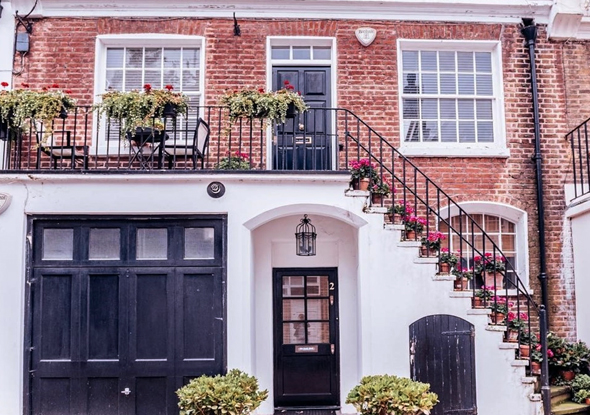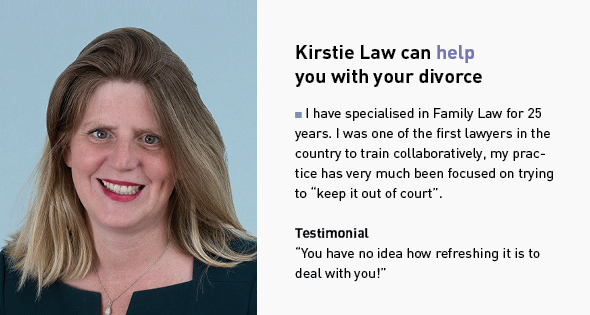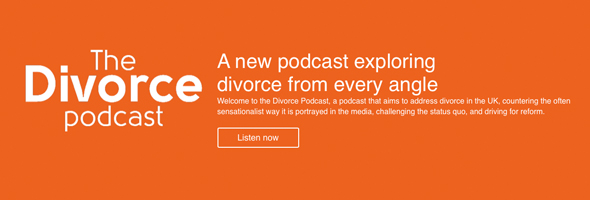What Are The Property Rights For Couples In The Event Of A Divorce?

- This blog contains affiliate links, which we may receive a commission for purchases. The decision is yours, whether or not you decide to buy.
Buying a new home When purchasing a property as a couple, the conveyancer should ask how you want to own the property, and there are three choices:
1. Joint tenant
If a couple own a property as joint tenants, then on the death of one, the survivor automatically inherits the whole property. This is the case even if the deceased had made a Will leaving their estate to one or more others.
You should therefore only own a property as joint tenants if you wish the other person to inherit the property in the event of your death. You should also appreciate that joint tenants are assumed to own the property equally so you should be happy that the ownership is 50:50.
If you are not happy that the property is owned equally, you should own it as tenants in common in unequal shares (see below), but should then make a Will leaving your interest to the other person or whoever else you wish to inherit.
2. Tenants in common in equal share
With this option a couple is still deemed to own the equity in the property equally, but it means each can leave their 50% share of the property to whoever they wish. This option is appropriate if you wish to own the property equally. You should check whether this is going to be fair, consider
- Are you contributing towards the purchase equally
- Are you going to be paying the mortgage equally
- Is it likely in the future that one or other of you will be gifted or inherit capital that might enable you to reduce the mortgage, in which case would you wish to own in different shares.
3. Tenants in common in unequal share
This option enables a couple to own a property in shares other than 50%. This would be appropriate if one is contributing more towards the property, and can also take into account the future intentions. Things to consider ar
- Who is going to pay the monthly mortgage payment
- Is it likely that capital will be raised in the future that can be used to repay the mortgage;
If a couple are owning the property in unequal shares, it is sensible to consider a declaration of trust, to include (i) and (ii) above and what should happen in the event of the relationship ending, e.g. will the person who owns more of the equity have the option to buy out the other and if not how long before the property should be placed on the open market.
Where a property is owned as tenants in common, whether in equal or unequal shares, it is also important to consider any children of the family. If there are children either from this or a previous relationship, the parties should consider whether the intention is that this property will be a home for them until they are 18, or finish education.
What happens if the relationship ends – cohabiting couple
With cohabiting couples, unlike married couples, the court does not, in the event that the relationship ends have the ability to re-determine how the property is owned.
The court should be bound by the strict legal ownership, unless it can be shown that there was mistake, duress or a subsequent agreement, and the latter should ideally be evidenced in writing, the court may require proof that the other party has acted to their detriment or in reliance on any subsequent agreement, for example giving up work to look after children on the basis they would have a half share of the property.
Cohabiting couples are advised to have a declaration of trust when purchasing a property to deal with not just the ownership of the property, but also the ownership of any other assets they may purchase, and how these should be divided in the event that the relationship ends.
By way of example, if there is a business which the two are involved in, who would have priority to continue this business in the event that the relationship ceases and how would the value of the other’s interest be calculated.
They should also consider, in the event of the relationship ending, what should happen with regard to payment of mortgage and outgoings pending the sale. The court does have the ability to provide for a home to be used for minor children’s benefit and/or a lump sum to be paid to enable them to be rehoused whilst minors.
These applications under Schedule 1 of the Children Act 1989 are however rare due to the cost of making the application and the fact the capital reverts to the payer usually when the children are 18 or finish education.
It should be noted that with cohabiting couples, again unlike married couples, there is no ability to claim spousal maintenance, and maintenance claims are limited to the Child Maintenance Service assessment for the children, unless the paying party is a high earner (more than £156,000 gross per annum), in which case the court can make a top up award for child maintenance (not for the other parent).
Married couple
With married couples, the court does have the ability to set aside a previous legal agreement between them as to ownership of property. The court has the ability to make property adjustment and lump sum orders. Having said this, it is still advisable when purchasing a property, to record how you intend it to be owned, and any contributions that have been made.
This is particularly so if the marriage turns out to be a short marriage, because with short marriages contributions are relevant, but note in all divorce cases the court will need to ensure that the parties’ needs are met, and first consideration is always given to any minor children of the family.
It is therefore sensible to take advice both when purchasing a property as to the ownership options and potential contents of any declaration of trust, and also in the event that your relationship ends as to what division of the equity is appropriate, when it should be sold and the arrangements for paying the mortgage and outgoings pending the sale.
Written by Kirstie Law Solicitor, Collaborative Lawyer and Mediator www.ts-p.co.uk
PHOTO CREDIT: TRAVEL - CENTS
You may also like
Books
Buy now from Amazon
- The Power of Positive Energy
- Manifest: The Sunday Times bestseller that will change your life
- Parenting Apart
Podcast
Kate Daly is co-founder of amicable and host of the The Divorce Podcast. Kate created The Divorce Podcast to discuss and demystify divorce, separation and co-parenting in the UK. In each episode, Kate is joined by experts in their field to explore divorce and separation from every angle.
Articles
- Divorce Mediation Explained
- 7 Things You Should Think About Before Filing For Divorce
- Is Online Mediation Right For You?
Videos
Practical advice and tips from professionals on what to do with issues and challenges around divorce from parenting to finance.
Events
Practical tips & advice designed to help people going through divorce, whether online or in person.
Useful links
Here's a selection of organistaioins from parenting to finance to help you with your divorce.
Legal professionals
Related Posts
-

The Real Cost of Divorce: Hidden Expenses and Smart Savings
-

Support For Men Going Through Divorce: Finding Community, Guidance, And Strength
-

Is Your Phone Ruining Your Marriage? The Real Link Between Social Media And Divorce
-

5 Essential Tips For A Joyful, Stress-Free Christmas As A Divorced Or Divorcing Parent
-

How to Rebuild & Heal Your Life After Divorce



.jpg)
.jpg)



.jpg)

